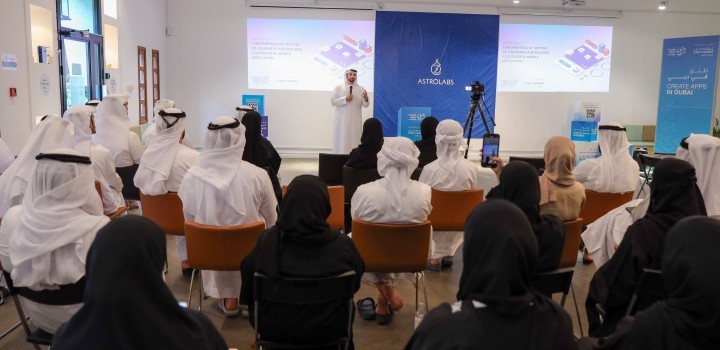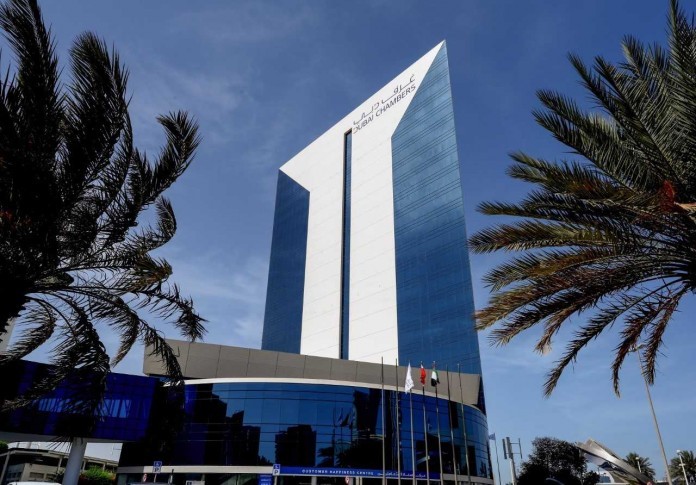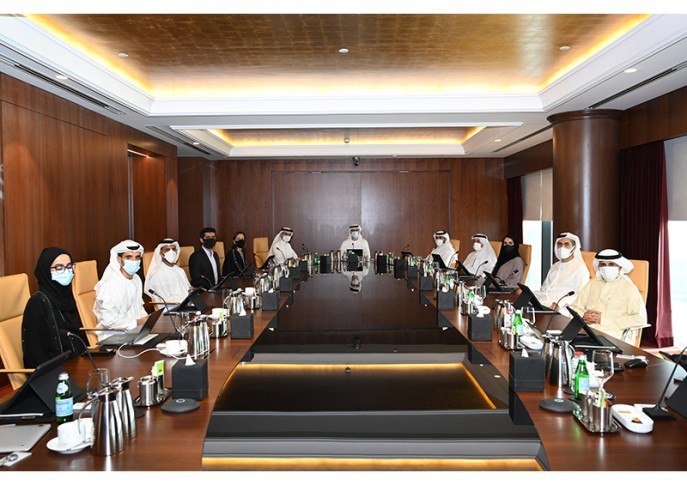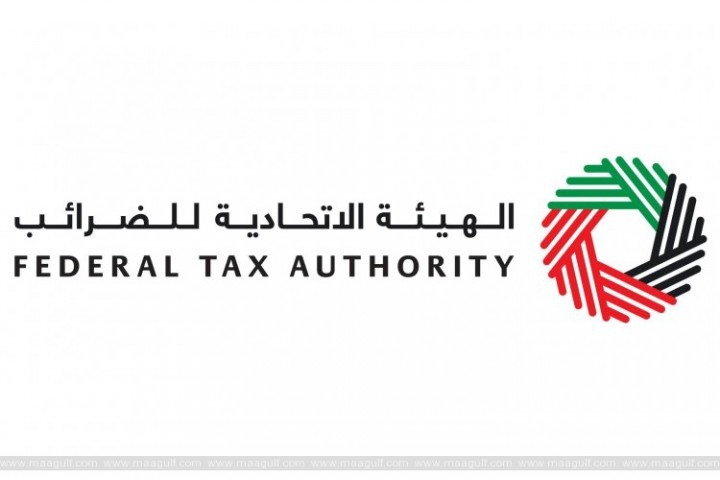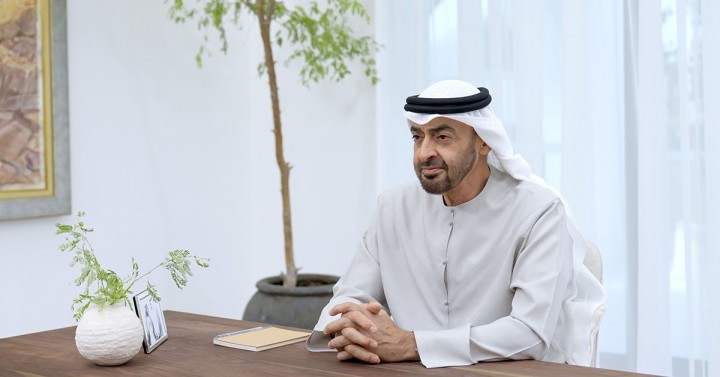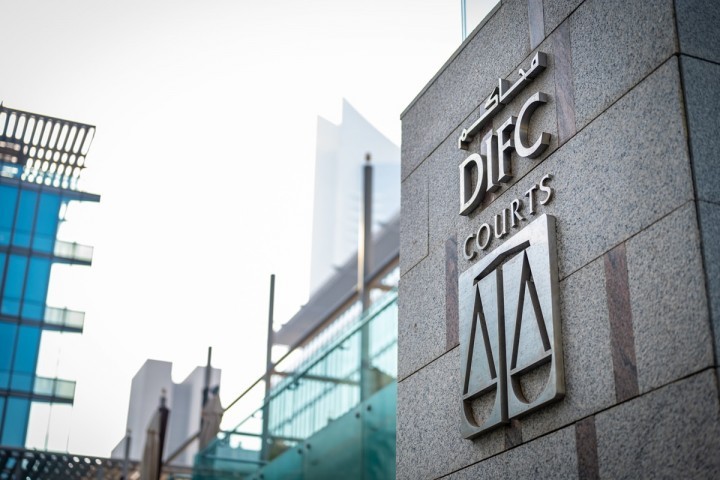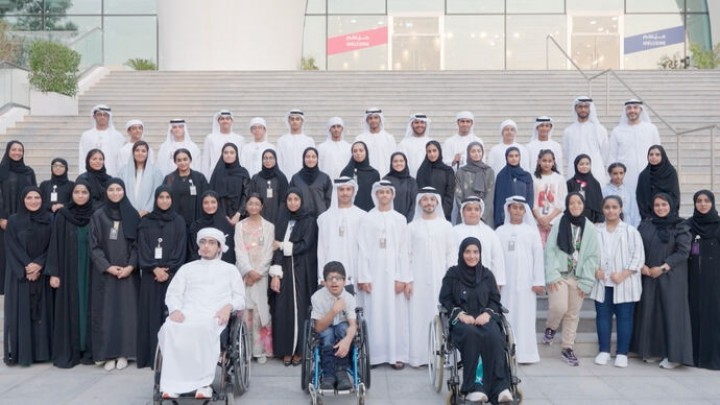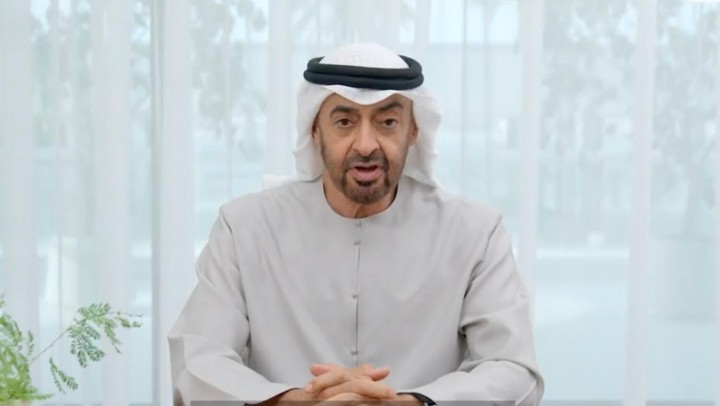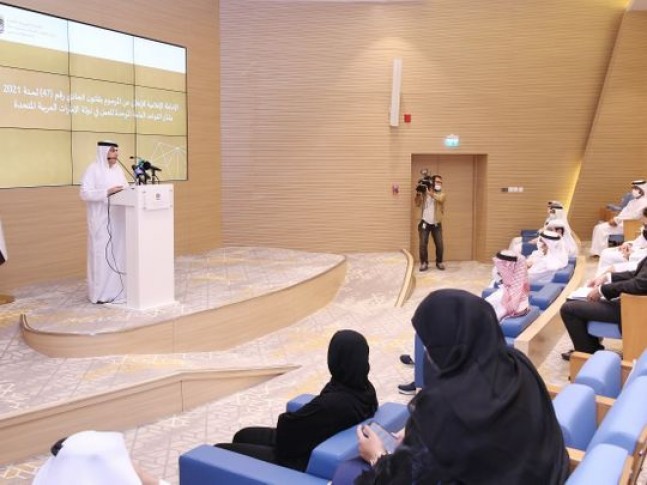
Major amendments in UAE’s Cybercrime Law
After the significant weekend shift, UAE has introduced and amended an array of laws to upgrade its legal system and bring them in line with best practice and international standards. The UAE Federal Public Prosecution has recently issued some updates on the privacy laws which falls under the cybercrime category. Cybercrimes in UAE are regulated under Federal degree law number 5 of 2012, and its amendments are commonly referred to as the ‘UAE Cybercrime law’.
Amongst, the more notable legislative changes introduced are the UAE’s first standalone Federal Decree Law 45 of 2021 concerning data protection (“Data Protection Law”) and Federal Decree Law No. 34 of 2021, which is an amended version of the law to combat cybercrimes (“Cybercrime Law”). Both new laws came into effect on 2 January 2022.
Another major change to the UAE’s legal system is the repeal of Federal Decree Law No. 5 from 2012 on combatting cybercrime and its replacement with a more sophisticated and developed new Cybercrime Law, which not only tackles cybercrime but also addresses the spreading of false information.
People who illegally use personal data in the UAE could face imprisonment and financial penalties of up to Dh 500,000, Public Prosecution said on Saturday. Penalties for illegally collecting and processing personal data and information belonging to Emiratis or residents ranged from Dh 50,000 to Dh 500,000, under Article 13 of the Federal Decree Law No 34 of 2021 on Combatting Rumours and Cybercrimes.
The following point should be practiced in order to avoid potential privacy violations:
Photographs: Unlike in many other jurisdictions, you may could also get into trouble for taking photographs of others in the UAE without their consent. Such instances are considered as a privacy violation and a complaint can be filed against you under the cyber laws in the UAE for breach of privacy.
Privacy violation: Sharing personal information of any person online without their consent will be a breach of the UAE privacy laws.
As per the new law, under no circumstances can the public post, publish or share videos they have filmed of violations or illegal actions in the UAE.
However, the only case where people are permitted to click photos or record videos of crimes or violations of any kind without the other party's permission is to share with authorities as documentation of evidence, said Mohammad Al Dahbashi, Managing Partner of ADG Legal. He also said that the new cybercrime law places a responsibility on users to verify the source and credibility of information before sharing it on social media.
"The law is clear in stating that a person will be penalized when sharing any content that contains rumours, fake news, unofficial news or anything that disrupts national security," said Al Dahbashi.
Al Dahbashi noted that those who spot illegal behaviour in public must alert authorities to take the necessary action and precaution to mitigate the potential damage that could be caused rather than filming and sharing it with the public. "Taking matters in personal hands can potentially cause more harm to the situation than good."
Videos of others will not bring legal repercussions as long as they are not shared on social media. "When filming something, people should be aware of a few factors, including invading a person or an organisation's privacy and secrets," said Al Dahbashi.
"When something is illegal, avoid sharing it with the public and share it with relevant authorities if necessary," he explained.
Under the new law, anyone who uses the internet to publish, circulate or share material that may agitate public opinion, cause panic or harm national security, economic interests or public safety could face one-year imprisonment and a Dh100,000 fine. The same penalty applies to those who share false news, rumours or misleading information, contrary to the news published by official sources.
While strictly speaking the Data Protection Law came into effect on 2 January 2022, it will only practically be enforced once the implementing regulations are issued at which point UAE domiciled organisations will have six months to ensure compliance.
The changes are the result of efforts by 540 experts from 50 federal and local authorities who worked with more than 100 private sector organisations during a period of five months, officials said.
HRavailable keeps you updated on the latest news in the UAE job market.
Get notified about the latest job openings through HRavailable and never miss a chance to get noticed by the recruiters.

